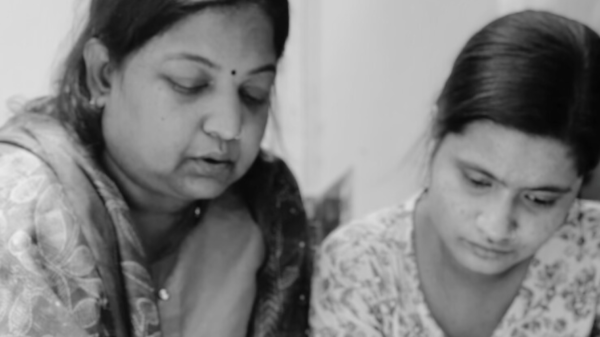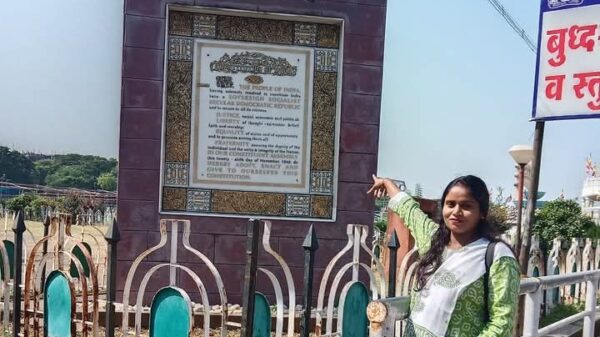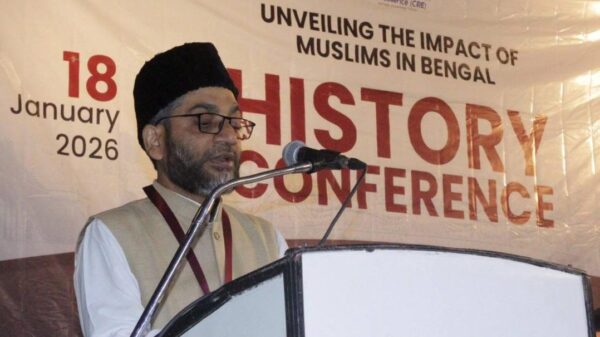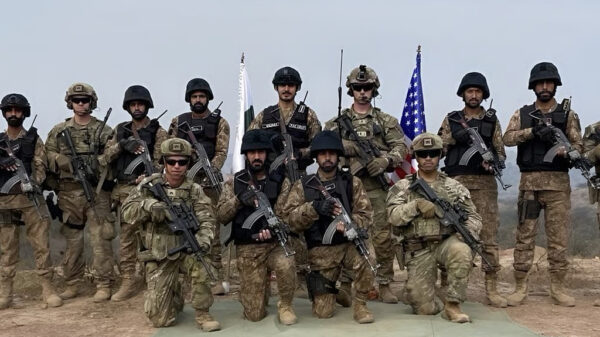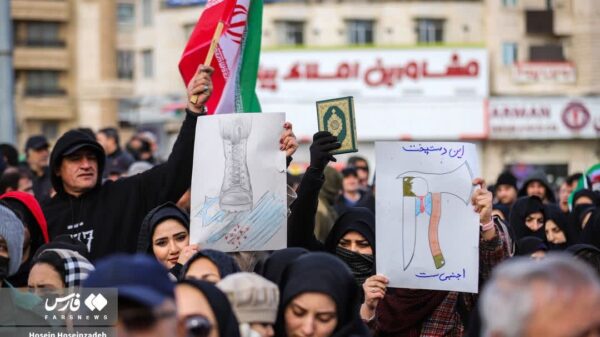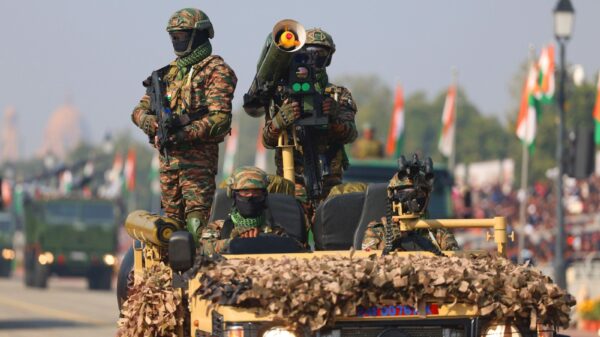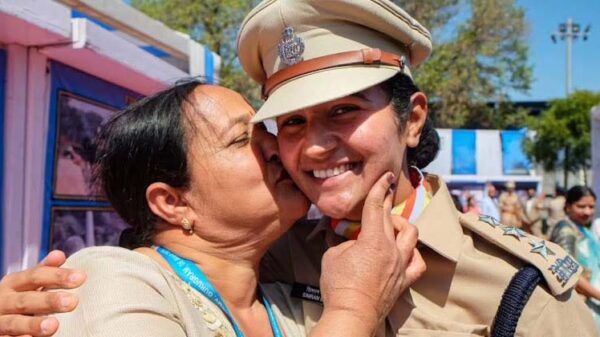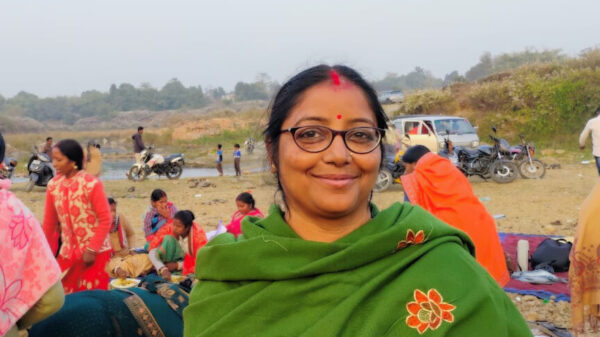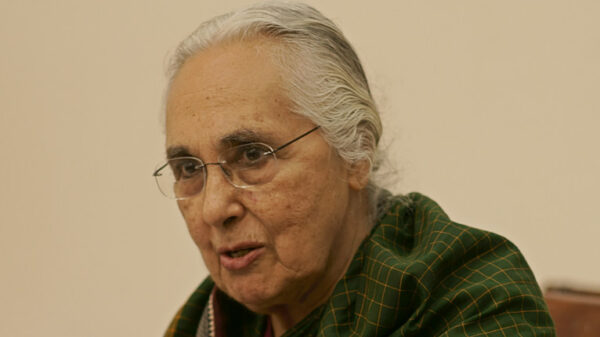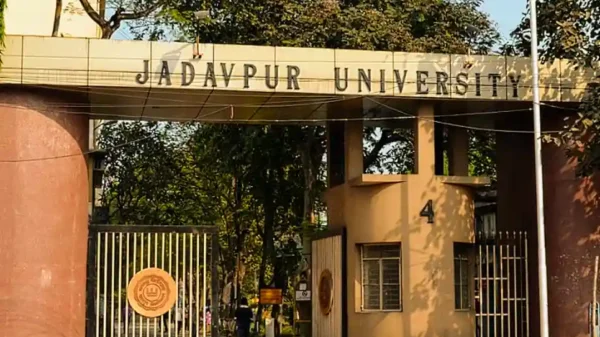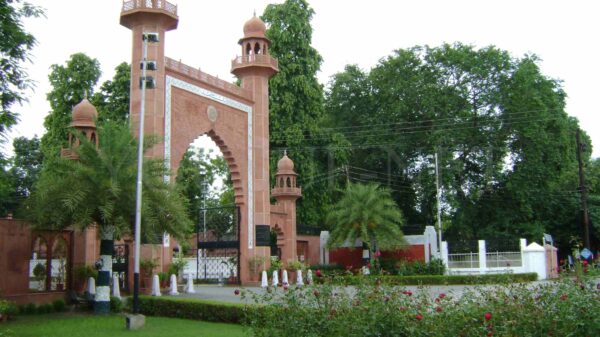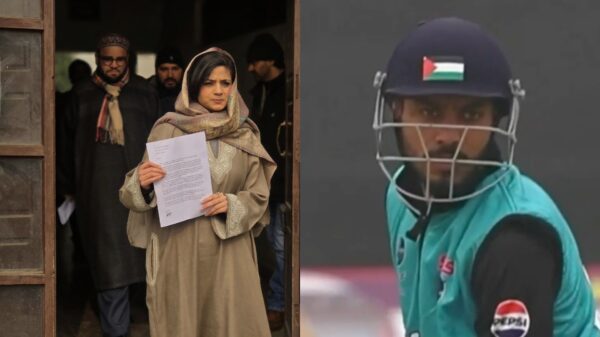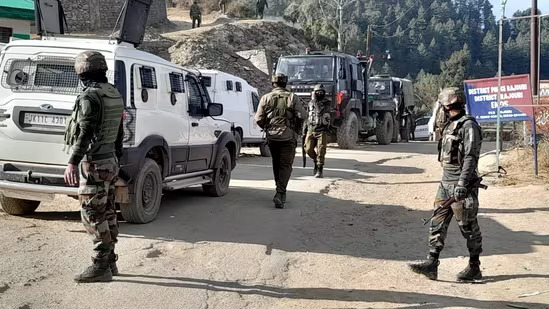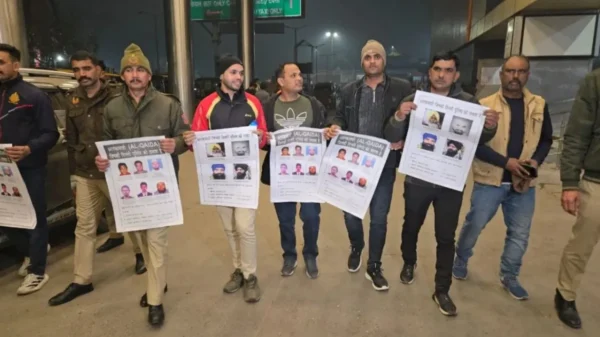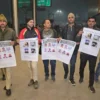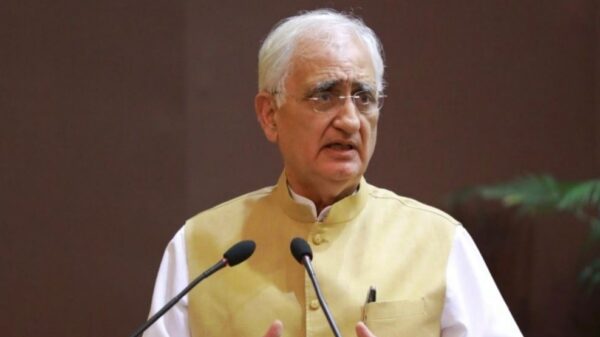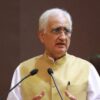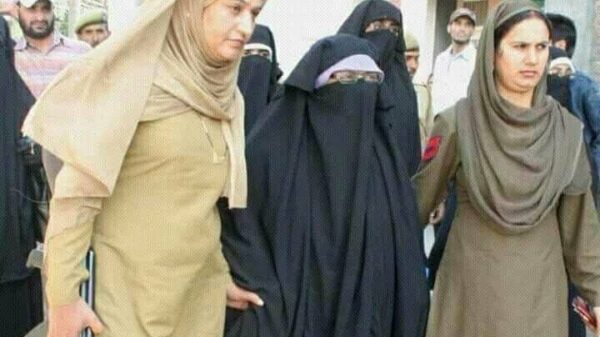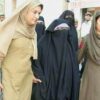A detailed investigation by The Caravan magazine has revealed serious allegations against two senior Indian Army generals, claiming they were involved in the torture and killing of civilians after a militant attack in Poonch, Jammu and Kashmir. The incident, which took place on December 21, 2023, led to the deaths of three civilians who the Army detained during an operation meant to capture militants. The operation, named Pangai, is now under scrutiny for allegedly involving the abuse and deaths of innocent people.
“In this story we have found solid evidence that the Indian Army tortured 25 civilians and killed 3 in a coordinated operation in the restive Jammu region on 22 December,” said senior journalist Jatinder Kaur who wrote the investigative piece.
“Video evidence indicates senior military officers were likely giving directions for the torture in three separate army bases to three different companies,” she said in a post on X.
In relevance with the report, the operation aimed to apprehend militants responsible for the attack, which resulted in the deaths of four soldiers, including two who were beheaded, and the loss of four rifles. Lieutenant General Sandeep Jain and Major General Maneesh Gupta, among others, organized the operation from the Echo Company Base at Dera Ki Gali. The operation resulted in the arrest of 26 men, all belonging to the Gujjar community. These individuals were reportedly taken into custody across various villages in Rajouri and Poonch and subsequently held at three army posts.
Sources told the magazine that the detainees were subjected to brutal torture during their detention, with allegations of beatings, electrocution, and other forms of abuse such as the use of chilli powder, and drowning emerging from multiple accounts, sparking outrage online. As a result, three civilians are dead.
The three civilians killed were: Shaukat Hussain, Safeer Ahmed and Shabeer Hussain.
”Safeer working for the Intelligence Bureau was tortured and killed by 48 RR of the Indian Army in Rajouri. Zainab, Safeer’s mother fainted on seeing his body, a deep gash across his forehead from the post-mortem that the army had hurriedly conducted. She fainted repeatedly over the next few days. ‘They returned his body, mutilated with multiple fractures and a broken neck,’ she told me,” Tur said in a social media post.
“They started assaulting us immediately, without even asking any questions,” Farooq, a survivor told The Caravan Magazine. “I lost consciousness soon. When we went there, Shaukat, Safeer, Shabeer and Riyaz were already laying there after the torture.”
“They threw Shaukat on the ground, and then these three soldiers started jumping on his chest to see if he was alive,” described a local resident, Shehnaaz Akhtar, witnessing the aftermath of the torture.
“His body had turned black and the nails of his hands and toes had been pulled out,” Shaukat’s father, Nazir Hussain, said, describing the state in which his son’s body was returned. “My child was savagely brutalised.”
The investigation report by Tur indicates that the alleged torture and killings were not isolated incidents carried out by rogue soldiers but part of a coordinated effort. Evidence, including WhatsApp messages and internal army documents, suggests that senior officers were directly involved in overseeing and facilitating the actions.
Regardless of the accusations, neither Jan nor Gupta has reached an acceptance of repercussions from the military court of inquiry or the Armed Forces Tribunal. In contrast to that, the officers at lower ranks have received minimum punishments. Meanwhile, the civilian justice system has yet to see movement. The FIR filed in connection with the deaths remains vague, listing the accused only as “unknown person 1,” without specifying any individuals or officials.
The families of the deceased have been provided with compensation which is put into words as “blood money” from the army along with some government aid, yet justice remains out of reach.






